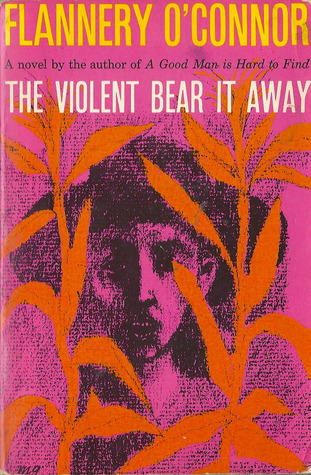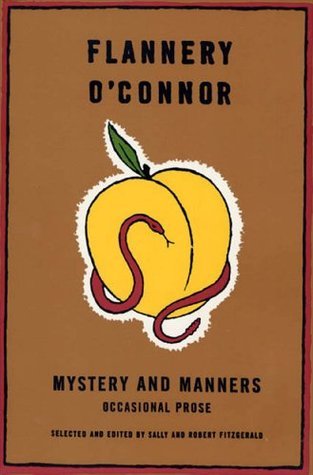Flannery O'Connor

Wise Blood
Flannery O'Connor

The Complete Stories
Flannery O'Connor

Everything That Rises Must Converge: Stories
Flannery O'Connor

A Good Man Is Hard to Find and Other Stories
Flannery O'Connor

The Violent Bear It Away
Flannery O'Connor
A Late Encounter with the Enemy
Flannery O'Connor

Flannery O'Connor Complete Stories
Flannery O'Connor

3 By Flannery O'Connor
Flannery O'Connor

A Prayer Journal
Flannery O'Connor

The Presence of Grace and Other Book Reviews by Flannery O'Connor
Flannery O'Connor

Mystery and Manners: Occasional Prose (FSG Classics)
Flannery O'Connor

Cuentos Completos
Flannery O'Connor
![The Complete Stories[COMP STORIES][Paperback]](https://images-na.ssl-images-amazon.com/images/S/compressed.photo.goodreads.com/books/1696989246i/136791308.jpg)
The Complete Stories[COMP STORIES][Paperback]
Flannery O'Connor

The Habit of Being: Letters of Flannery O'Connor
Flannery O'Connor

Flannery O'Connor: Spiritual Writings (Modern Spiritual Masters)
Flannery O'Connor

A Good Man is Hard to Find
Flannery O'Connor